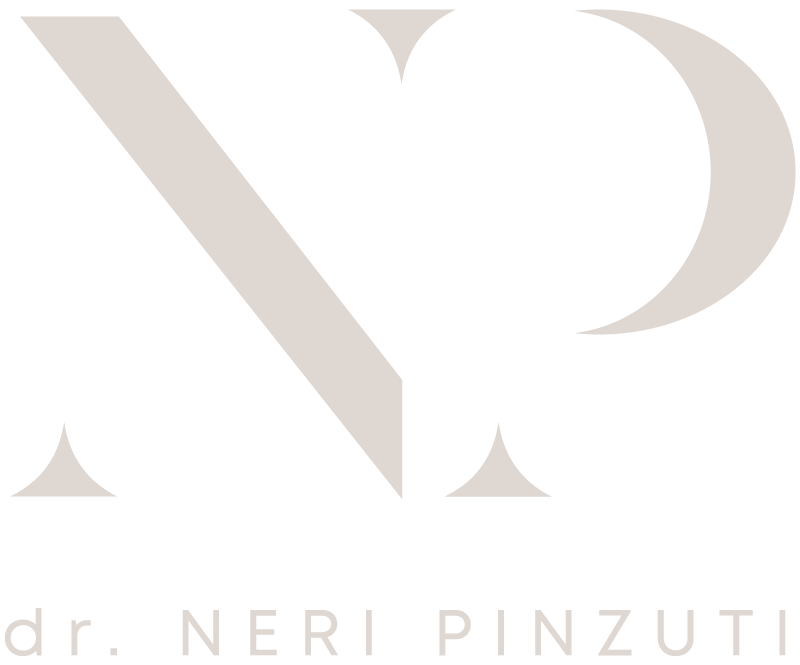The human body is an incredibly complex biological machine with an extraordinary capacity for self-healing. Skin can heal itself, bones can heal, and many organs can repair themselves from minor damage. However, there is one part of the human body that stands out for its lack of this self-repair ability: teeth.
Teeth are a fundamental part of our anatomy, playing a crucial role in our ability to eat, speak and smile. However, despite their importance, teeth are unable to repair themselves once damaged or decayed. This biological peculiarity has been the subject of study and reflection by scientists and dentists for many years.
The structure of the teeth
To understand why teeth cannot repair themselves, it is important to examine their structure. Teeth are composed mainly of three layers:
- Enamel: Enamel is the outer layer of teeth and is the hardest substance in the human body. It is composed mainly of minerals, such as calcium, and is designed to resist the daily wear and tear caused by chewing. However, once damaged or eroded, enamel cannot regenerate.
- Dentin: Dentin is the layer located beneath the enamel and is a hard tissue that makes up most of the tooth structure. If dentin is exposed due to decay or trauma, it can cause sensitivity and pain. Dentin has a small capacity for self-repair, but it is limited and cannot completely replace damaged tissue.
- Dental Pulp: The dental pulp is the innermost part of the tooth, containing nerves and blood vessels. It is responsible for pain perception and maintaining the vitality of the tooth. If decay or an infection reaches the pulp, endodontic treatment, such as root canal, may be necessary to remove the damaged pulp.
Why teeth do not repair themselves
The main reason teeth cannot repair themselves is that they lack specialized cells that are present in other parts of the body. For example, skin has cells called keratinocytes that can reproduce and replace damaged tissue. Bones contain bone cells that can help rebuild fractured bones. However, teeth do not have similar cells that can generate new enamel or dentin.
In addition, teeth are exposed to a particularly hostile environment. The acidity of bacteria in the mouth, along with a diet high in sugar, can cause erosion of enamel and the formation of cavities. The process of constant chewing can also put a strain on teeth over the years.
Treatment and prevention
Because teeth cannot repair themselves, care and prevention are essential to keep them healthy. Here are some important practices:
- Oral Hygiene: Regular brushing and flossing help remove bacteria and food debris that can cause tooth decay.
- Balanced Diet: Reducing consumption of sugars and sugary drinks can help prevent tooth decay.
- Visits to the Dentist: Regular checkups allow the dentist to detect and treat dental problems early.
- Protection: The use of protective devices, such as bite guards for bruxism sufferers, can help prevent damage to teeth from nighttime grinding.
In conclusion, teeth are a valuable element of our bodies, but they are also vulnerable to damage and decay. While the human body is endowed with extraordinary healing capabilities, teeth remain the one element that cannot repair itself. Therefore, prevention and proper dental care are essential to keep our smiles healthy and beautiful throughout our lives.

Recent Comments